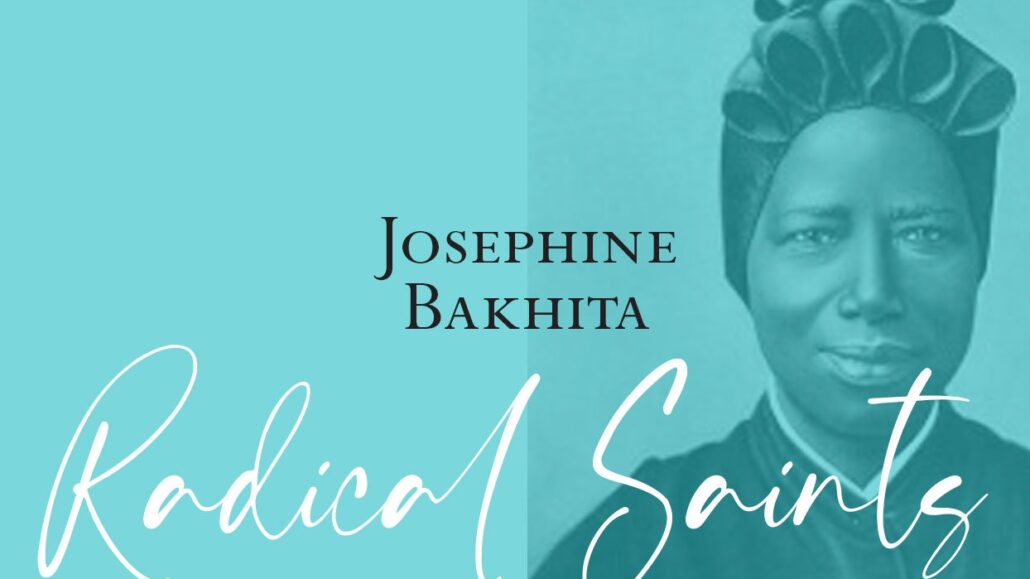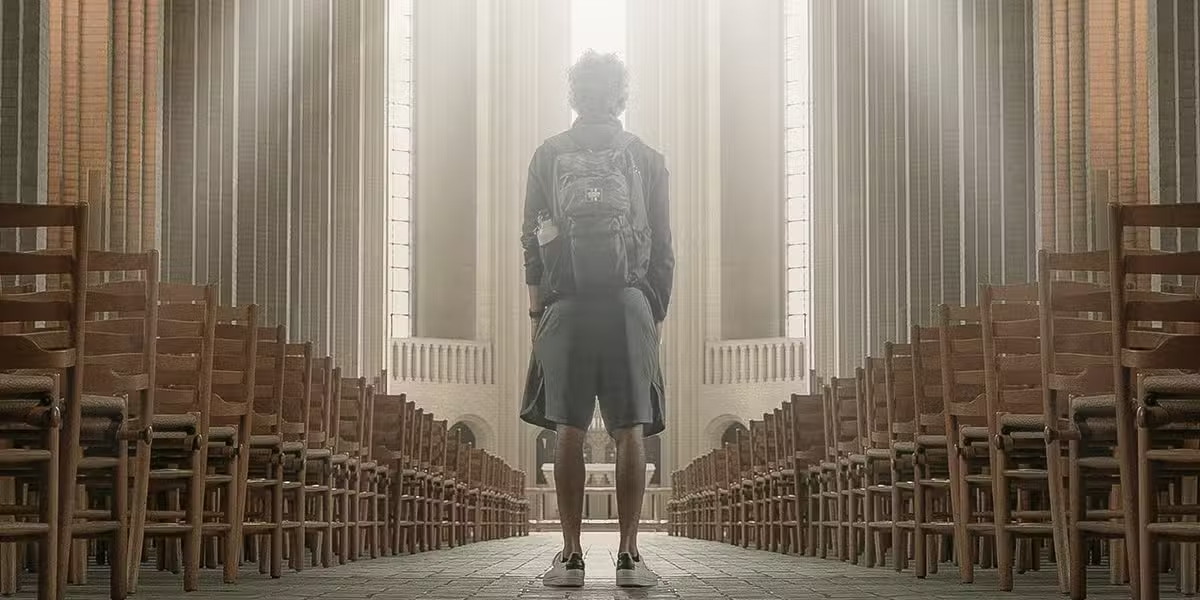Born about 1869 in Sudan | Died February 8, 1947, in Italy
Canonized October 1, 2000 | Feast Day: February 8
Josephine’s Radical Gift
Slave traders took away her name and her family. She was kidnapped, beaten, and scarred. And yet, when asked what she would say to her persecutors if she met them again, Josephine said she would thank them, because without them she would not have discovered her faith and her vocation.
Josephine’s World
Raids to enslave Sudanese during Josephine’s childhood were not uncommon, and they continued after the practice was outlawed in 1924. In a 2018 report, the U.S. Department of State noted that while Sudan today is working to eliminate human trafficking, the country’s efforts still do not fully meet minimum standards.
Josephine’s Radical Path to Holiness
Even in the worst of times, the times she was struck every day, the time her enslavers made her walk for miles on end, the times she was turned over to yet another enslaver, Josephine had always wondered: The sun. The moon. The stars. Who had put them all there? Who was in charge of them? It must be someone very great indeed.
But then, the girl didn’t have a whole of time to think about theology or philosophy. Mainly she focused on survival. The men who had taken her away from her family when she was seven or eight had scared her so badly that she forgot her name and birthdate. They had a cruel sense of humor; they dubbed her Bakhita, “fortunate one” in Arabic.
The first enslavers made her walk barefoot for a day, then hid her away for more than a month in a dark hut before “selling” her to someone else. During the next twelve years, at least four more people would use and abuse her. One, she said, hurt her every single, solitary day. At a Turkish general’s home, someone used flour to draw more than one hundred patterns on her body, then cut them into her skin, then rubbed them with salt to ensure permanent scarring. Bakhita couldn’t move for three months after this savagery.
She still wondered from time to time about that larger world beyond her suffering, the one with the majesty of the sun, the moon, and the stars. It must have seemed far beyond her reach. In 1883, the Italian vice consul in Khartoum encountered Bakhita at the home where she had been so gruesomely scarred, and he acquired her. Bakhita remembered him as the first enslaver who didn’t hurt her. When political issues required the family to return to Italy, they took Bakhita along. She was then “gifted” to Augusto Michieli, a Venetian businessman and friend of the vice counsel.
One of Bakhita’s main jobs for the Michielis was to serve as nanny for their little girl, called Mimmina. When Mimmina was around two years old, her parents decided to move to Sudan permanently, and they sold their estate in Italy. But some details remained to be settled, and the Michielis didn’t want to subject the child to any more travel than was necessary.
Finally, at the recommendation of the couple’s business administrator, it was decided that Bakhita and Mimmina would live at the Canossian Sisters’ boarding school in Venice. The administrator also provided Bakhita with two gifts: a small silver crucifix, and the story of the crucifixion and Resurrection.
At the boarding school parlor, Bakhita saw a larger crucifix, one on which Jesus’s wounds were visible, just like her own scars. She began taking religious instruction with the Canossians. When Mrs. Michieli returned nine months later, Bakhita refused to return to Sudan with her. A legal battle ensued, and in November 1889, an Italian court found that Bakhita was free, as laws in Italy did not recognize slavery. Two months later, Bakhita received a different type of freedom: she was initiated into the Church and took the name Josephine Margaret Fortunata.
As Josephine’s faith deepened, she found herself called to religious life. She became a Canossian novitiate at the end of 1893 and made her first vows in 1896. Josephine was assigned to a convent about sixty miles away in Schio, which was her residence for most of the rest of her life. There was no duty she would not take on: cook, sacristan, doorkeeper, weaver. Josephine’s writing and reading skills remained limited, and another sister was assigned to take down her stories. Interest in her journey resulted in new roles of speaking (with another sister providing most of the talking) on behalf of missions to Africa and helping sisters prepare for work there.
Josephine was confined to a wheelchair in her final years, and she died of pulmonary congestion. She never remembered her original name. After the day she was abducted, she never again saw her parents or any of her six siblings. And yet, when she was asked what she would do if she encountered those who had tortured her and taken everything but her human dignity, she was quick to answer that she would kneel and kiss their hands. If it had not been for them, she said, she would not have been a Christian or a Canossian.
Praying with Josephine
St. Josephine, your radical forgiveness awes me.
Help me to extend the same mercy to those who have harmed me.








